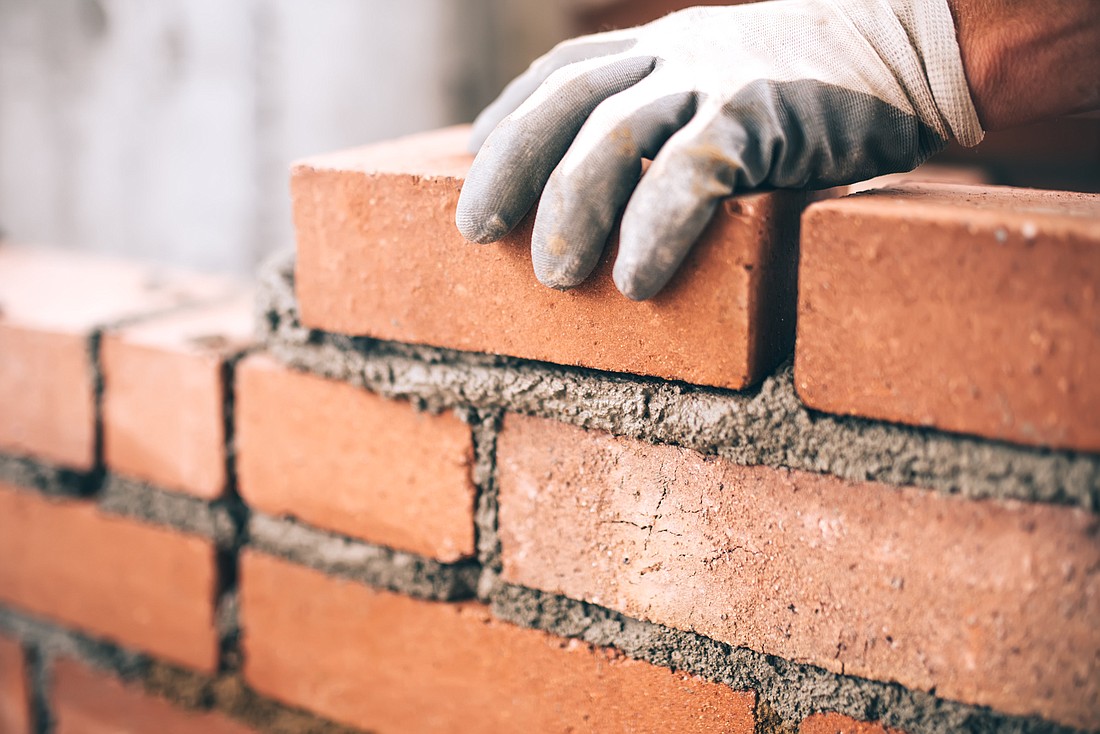- January 11, 2025
-
-
Loading

Loading

Florida House members Thursday began moving forward with a proposal that could shorten the time for residents to file lawsuits about construction defects in their homes.
Supporters said the bill could help reduce costly litigation and insurance costs for contractors.
Rep. John Snyder, a Stuart Republican who is sponsoring the proposal (HB 85), said it would help address one of the “puzzle pieces” that contribute to a lack of affordable housing in the state. Supporters said the bill could help reduce costly litigation and insurance costs for contractors.
But opponents said it could leave residents picking up the tab for problems that they did not discover until years after homes were built.
The House Civil Justice Subcommittee voted 15-3 to approve the proposal, which is filed for the legislative session that will start March 7. Similar bills fueled debate during the 2022 session but did not pass.
The most-controversial parts of the proposal deal with lawsuits about “latent” construction defects — essentially defects that can remain hidden from homeowners for years — and what is known in the legal world as a “statute of repose.”
Under current law, homeowners can file lawsuits about latent defects up to 10 years after they take possession of the property or other events occur, such as the issuance of certificates of occupancy, whichever happens later.
“What this bill would do is leave Florida homeowners who discover defects after that seven-year mark with devastating losses.”
— JEFF WIDELITZ, construction attorney
The bill, in part, would change that to seven years. It also would change the events to include such things as issuance of temporary certificates of occupancy and would start the clock with whichever event happens earliest.
Carol Bowen, a lobbyist for Associated Builders & Contractors of Florida, said “there can be valid defect claims. There can also be abuse of the process.” She pointed to situations such as in condominium and multi-use buildings where residents have problems that are not construction defects.
“This bill is meant to say, let’s break through kind of that ticky-tack kitchen sink approach to see what I can get money for and address things that are of real concern,” Bowen said. “Because if they do exist, most builders want to address them or pay somebody to do that.”
But Jeff Widelitz, an Orlando construction attorney at the firm Ball Janik LLP, said construction defects can be hidden behind walls, with homeowners not aware of problems such as water intrusion until after seven years. He said property-insurance policies include exclusions for damage caused by construction defects.
“What this bill would do is leave Florida homeowners who discover defects after that seven-year mark with devastating losses,” Widelitz said. “They would be left with no insurance to cover this. They would have to cover the corrections out of their own pocket, and it could really financially ruin many of Florida’s homeowners. So the 10 years is the appropriate amount of time.”
Sen. Travis Hutson, R-St. Augustine, this week filed a similar bill (SB 360) in the Senate.